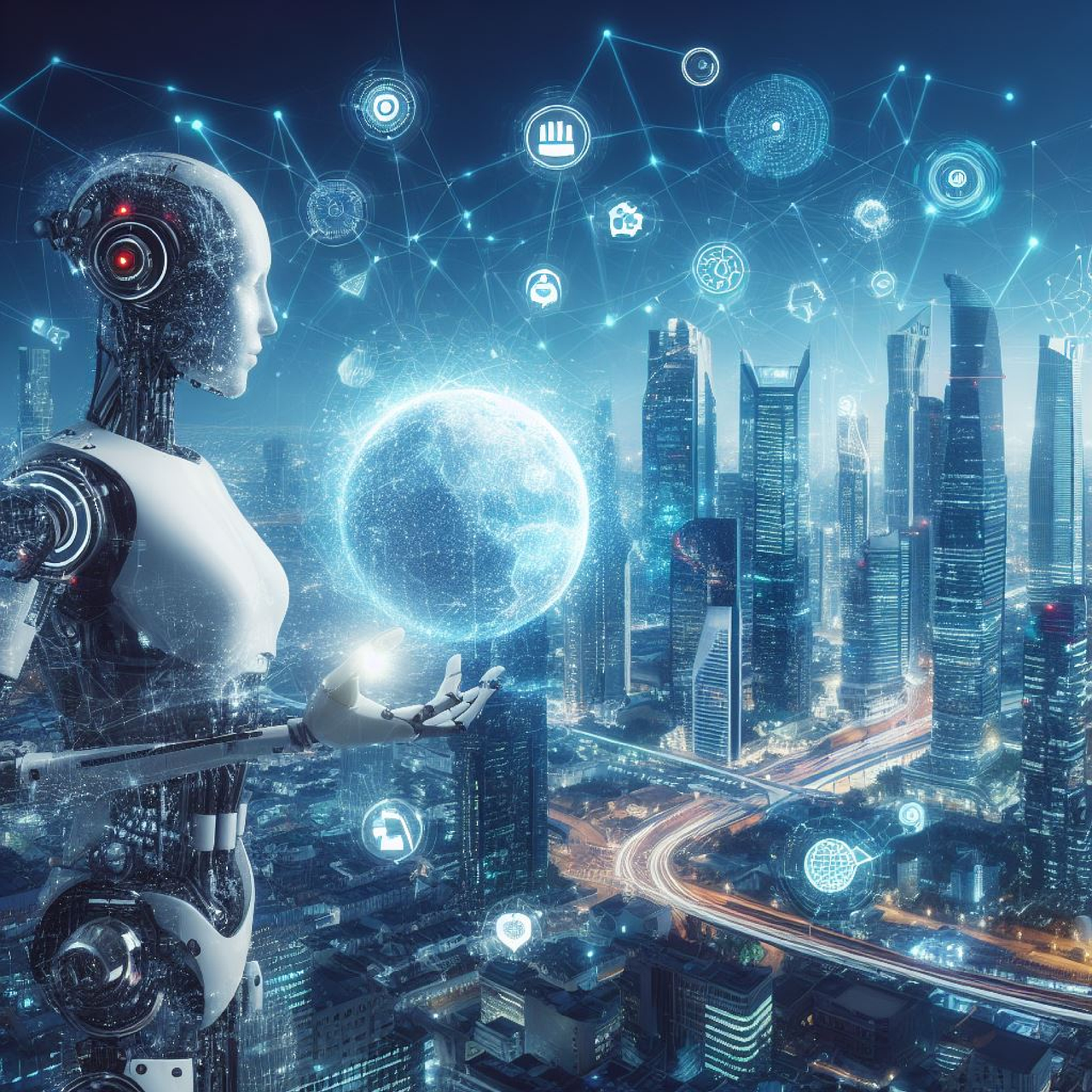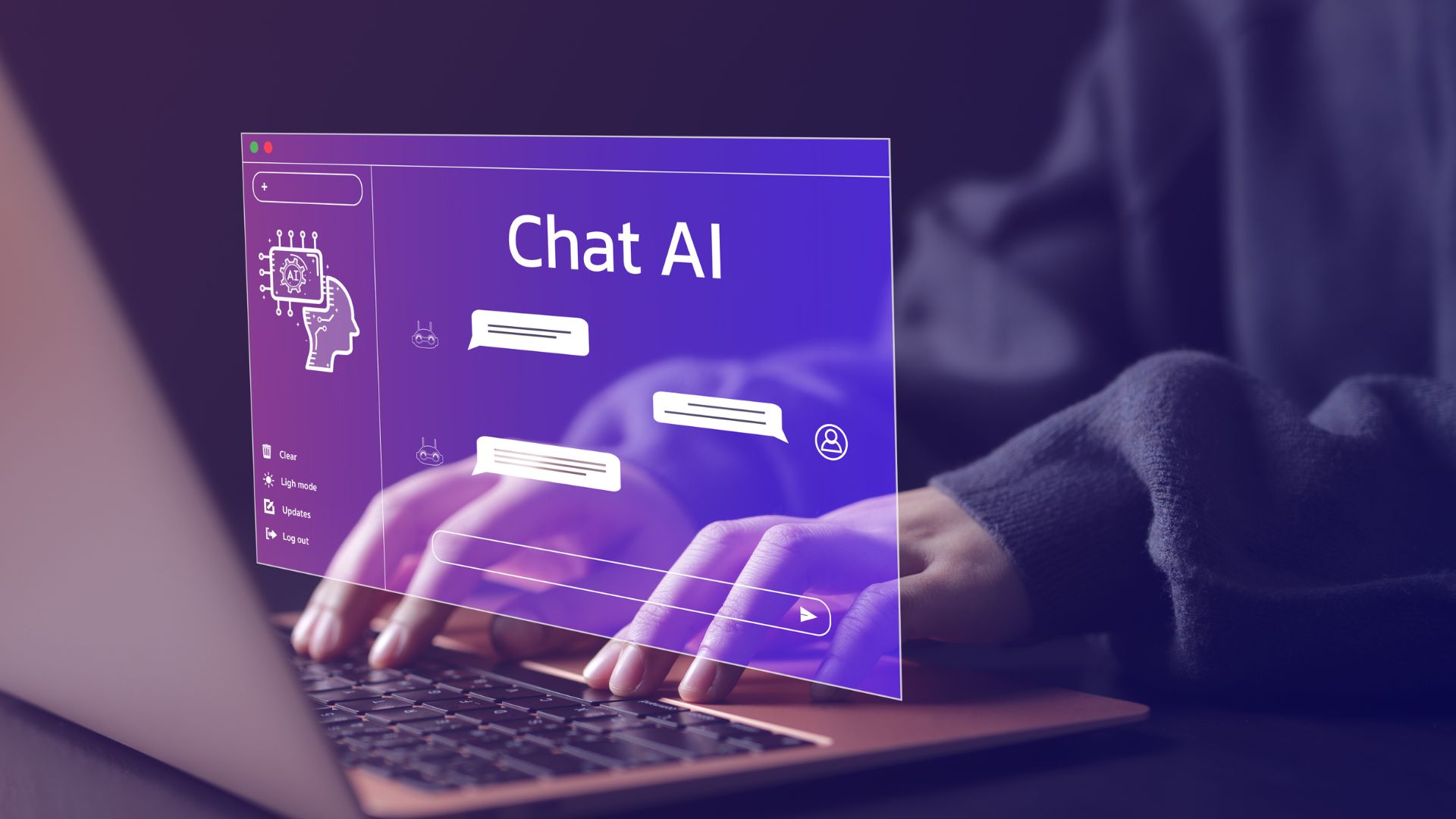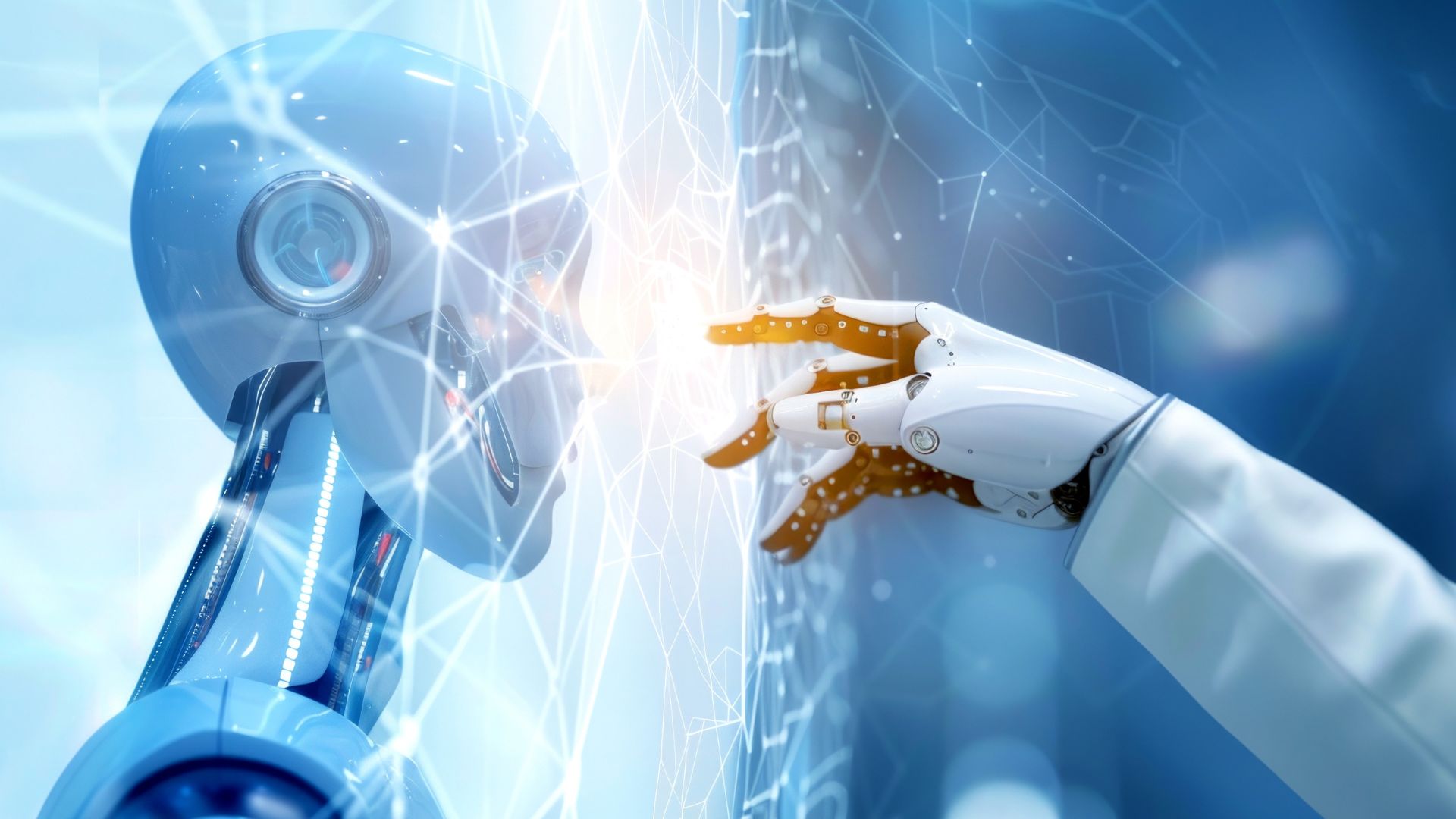
AI is no longer a distant concept — it's already transforming how developers build, test, and ship software. From automating repetitive tasks to suggesting full blocks of code, AI is reshaping the role of the developer. The shift isn't about replacing humans but augmenting them, accelerating delivery while raising new challenges.
AI is no longer a distant concept — it's already transforming how developers build, test, and ship software. From automating repetitive tasks to suggesting full blocks of code, AI is reshaping the role of the developer. The shift isn't about replacing humans but augmenting them, accelerating delivery while raising new challenges.
"AI won't replace developers, but developers who use AI will replace those who don't." Andrew Ng
Tools like GitHub Copilot and Cursor act as pair programmers, writing boilerplate code and surfacing best practices instantly. This reduces development friction but also risks over-reliance on generated code.
Modern AI coding assistants can understand context from comments, variable names, and existing code patterns to generate highly relevant suggestions. They excel at creating repetitive structures, API integrations, and even complex algorithms based on natural language descriptions.
However, this convenience comes with challenges. Developers must maintain critical thinking skills to review, validate, and optimize AI-generated code. The risk lies not in the technology itself, but in becoming too dependent on it without understanding the underlying principles.


AI models now detect bugs earlier by scanning large codebases for vulnerabilities and inefficiencies. They can even suggest fixes before issues reach production, saving time and cost.
Machine learning algorithms trained on millions of code repositories can identify patterns that typically lead to bugs, security vulnerabilities, and performance bottlenecks. These systems work continuously in the background, providing real-time feedback as developers write code.
Advanced AI testing tools can automatically generate test cases, simulate user interactions, and even predict which parts of an application are most likely to fail under specific conditions. This proactive approach to quality assurance is revolutionizing how we think about software reliability.
Developers shift from writing every line to orchestrating, reviewing, and guiding AI systems. The future developer is part engineer, part AI operator, responsible for ensuring quality and ethics in AI-driven output.
This evolution requires new skills: prompt engineering, AI model evaluation, and the ability to work symbiotically with intelligent systems. Developers must become curators of AI output, ensuring that generated code aligns with project requirements, coding standards, and business objectives.
The most successful developers will be those who can leverage AI to handle routine tasks while focusing their human creativity on architecture decisions, user experience design, and solving complex business problems that require empathy and strategic thinking.
Traditional development workflows are being reimagined around AI capabilities. Code reviews now include AI-generated suggestions, documentation is automatically updated, and deployment pipelines adapt based on AI analysis of code changes and risk assessment.
Version control systems are evolving to track not just human contributions but also AI assistance, creating new challenges for attribution, accountability, and intellectual property management. Teams are developing new collaboration patterns that account for AI as a virtual team member.
While AI brings tremendous benefits, it also introduces new challenges. Code homogenization is a real risk — when everyone uses the same AI tools, software solutions may become increasingly similar, potentially stifling innovation and creating systemic vulnerabilities.
There are also concerns about code quality and maintainability. AI-generated code might work correctly but lack the elegance, efficiency, or readability that experienced developers bring. Organizations must establish new standards for reviewing and approving AI-assisted code.
Security implications are significant too. AI models trained on public repositories might inadvertently suggest code patterns that contain vulnerabilities or leak sensitive information through training data exposure.
AI is not eliminating the craft of software engineering — it's redefining it. Those who adapt will find themselves building faster, more scalable, and more resilient systems than ever before.